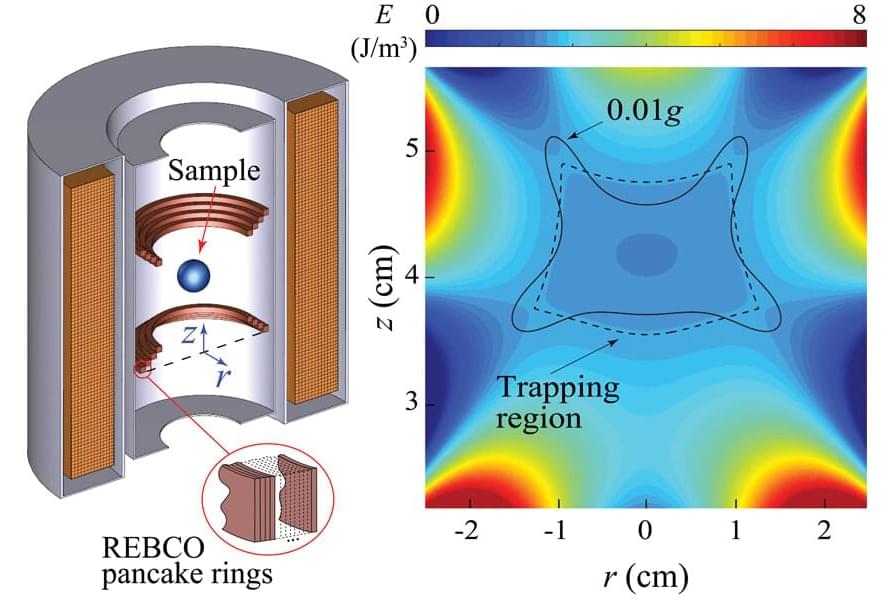
Physicists and engineers have long been interested in creating new forms of matter, those not typically found in nature. Such materials might find use someday in, for example, novel computer chips. Beyond applications, they also reveal elusive insights about the fundamental workings of the universe. Recent work at MIT both created and characterized new quantum systems demonstrating dynamical symmetry—particular kinds of behavior that repeat periodically, like a shape folded and reflected through time.
“There are two problems we needed to solve,” says Changhao Li, a graduate student in the lab of Paola Cappellaro, a professor of nuclear science and engineering. Li published the work recently in Physical Review Letters, together with Cappellaro and fellow graduate student Guoqing Wang. “The first problem was that we needed to engineer such a system. And second, how do we characterize it? How do we observe this symmetry?”
Concretely, the quantum system consisted of a diamond crystal about a millimeter across. The crystal contains many imperfections caused by a nitrogen atom next to a gap in the lattice—a so-called nitrogen-vacancy center. Just like an electron, each center has a quantum property called a spin, with two discrete energy levels. Because the system is a quantum system, the spins can be found not only in one of the levels, but also in a combination of both energy levels, like Schrodinger’s theoretical cat, which can be both alive and dead at the same time.









